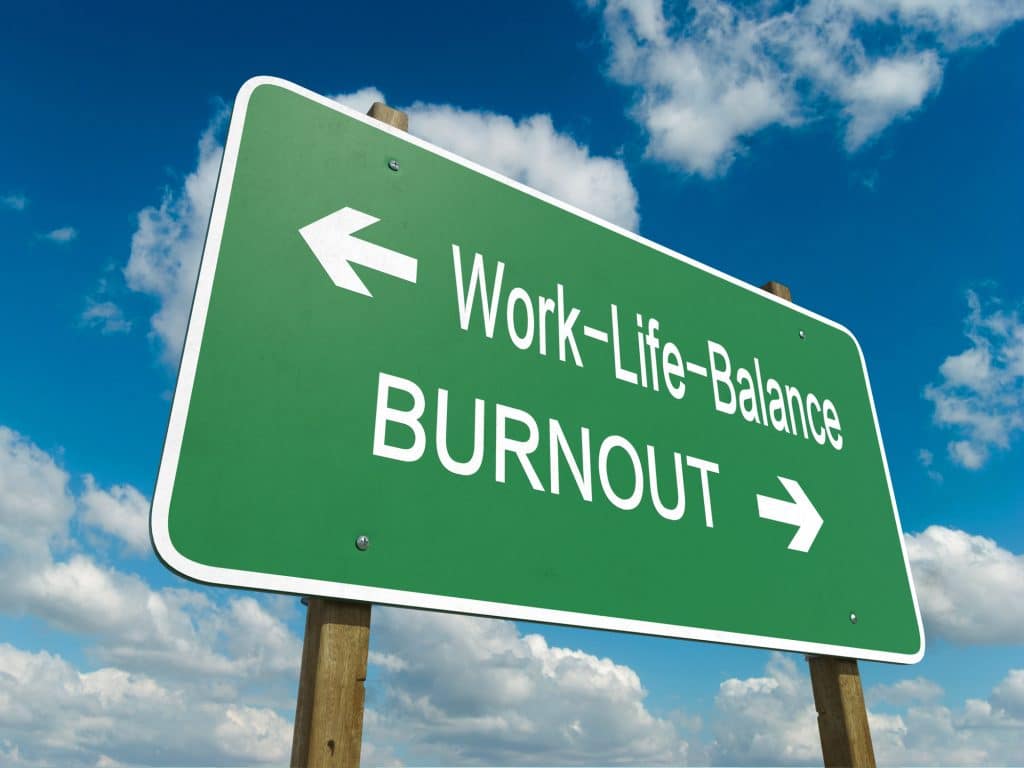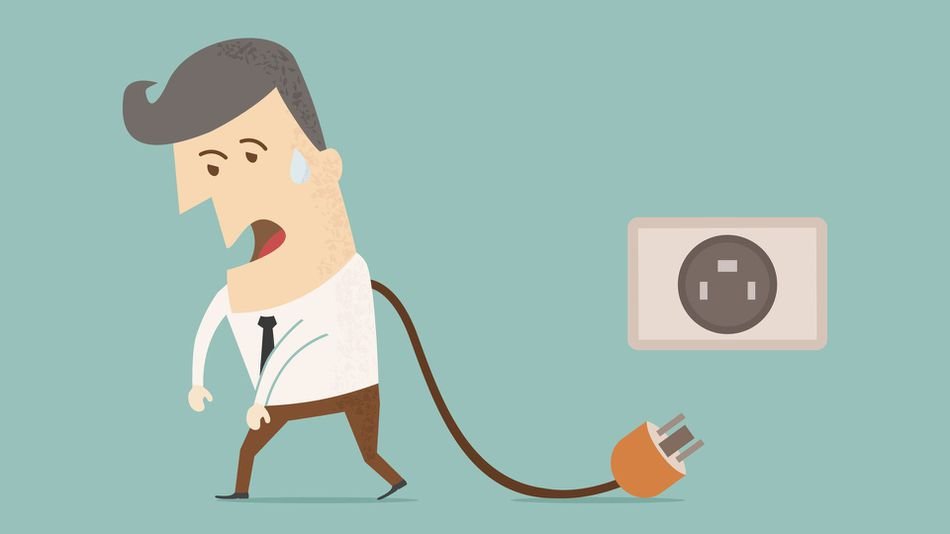
In September 2017, I did something crazy: I quit a secure, decent-paying job, without any immediate plans to get another one.
The official reason for my resignation was that I wanted to devote more time to writing. And during the time that I’ve been “willfully unemployed,” I have been writing. Not as much as I would like, but much more than before.
That wasn’t the only reason I left my job, though. Perhaps an even larger reason was for my health. After almost seven years of constantly overcoming crises and fighting battles at work — and also seriously messing up my personal life in the process — I was burned out, in every possible way.
For that reason, my greatest focus over these last two years has been taking care of my long-neglected self — mentally, physically and spiritually.
Earlier this week, I got back into the workforce. Though it’s only part time, it has enough similarities to my previous position to make me pause and worry. Will I spread myself too thin again? Will I allow work to take over my life as I once did?
But then I reminded myself that I learned a lot of important lessons from my burnout. Though following these lessons is easier said than done, your happiness — and mine — depends on putting them into practice.

1) Decide what’s most important in your life — and act accordingly. In my mind, work has always ranked #4 — after faith, family/friends, and health. But the way I lived my life didn’t reflect those priorities; my actions very much indicated I put work in the top spot.
I was often too tired (from work) to go to church. I missed kids’ band and choir concerts because of night meetings. I was so preoccupied, I took my marriage for granted. I didn’t have the time to nurture my friendships. I gained weight, ate poorly, and exercised only sporadically because I didn’t have the energy.
If work isn’t at the top of your life’s priority list, stop treating it like it is. Life is short. Put the hierarchy back in balance and tend to your most important life objectives first.

2) As much as possible, leave work at work. Technology has been a blessing and a curse for the workforce. While in some ways it has made our jobs easier and more efficient, it also tethers us to work 24/7 if we let it.
At my last job, I was always “plugged in.” I checked work email from home constantly. I was already thinking about work all the time; checking and answering emails during what should have been off hours only reinforced those obsessive thoughts and kept my stress chronically elevated.
Unless you have a life-or-death job that requires you to be on call, treat your personal life as sacred, and guard it against infringing technology.

3) Take as much time off as you’ve earned/are allowed. According to this article, not even one-quarter of American workers take off all the time to which they are entitled. They forfeit millions of vacation days each year.
American workplaces tend to treat vacation time as a liability rather than as asset that benefits both employee and employer. It allows employees time for relaxation and improved health, and it provides employers a more productive and creative worker.
The same goes for other types of leave. Don’t rush back to work too soon after surgery or childbirth. I went back to work just days after having my gallbladder removed, and I ended up getting an infection. After the births of each of my two children, I returned to my job before I legally had to, and my depression worsened.
The time you take off now will ensure that you’re operating at 100 percent when you do get back to work.

4) Sometimes “good enough” is preferable to perfect. A good work ethic and attentiveness to detail are admirable qualities in an employee. There is a fine line between conscientiousness and perfectionism, though, and perfectionism makes work (and life in general!) harder than it needs to be.
I’ve acknowledged before that I struggle with perfectionism. Perfectionism has more to do with fear of failure and being judged than a desire to achieve your full potential. The need to do everything “just right” certainly contributed to my burnout. In a lot of cases, I probably should have just settled for “good enough.”
As author Thomas Oppong says in this article, “The real world doesn’t reward perfectionists. It rewards people who get things done.”

5) Recognize when you’re in over your head, and ask for help. No one likes to ask for help at work. According to an article in the Harvard Business Review, “… the social threats involved [with asking for help]—the uncertainty, risk of rejection, potential for diminished status, and inherent relinquishing of autonomy—activate the same brain regions that physical pain does.”
This was certainly the case for me. I was raised to work hard and be self-sufficient. You didn’t accept help or ask for handouts. Therefore, when my two coworkers’ maternity leaves overlapped for two weeks, I staffed the office alone and did the work of three people; putting in 70 hours per week to keep my head above water.
Though it’s difficult to ask for help — and a preexisting level of trust and respect must exist between the helper and the helped — no one should have to take the whole work world upon his/her solitary shoulders. This article offers a method for soliciting assistance on the job … while saving face at the same time.

6) Recognize when it’s time to move on. Sometimes “accepting the things you cannot change” means accepting that you can no longer stay in your current work situation. This article provides eight signs that it may be time to leave a job. At least four of the signs were present in my case.
When I was making the decision to stay or go, I evaluated what stressful elements I had control over (taking too much on myself, having to do things perfectly, fighting every battle that came my way), and what I didn’t have control over (staff size and stability, and the attitudes of certain people in leadership positions). Ultimately I decided that I couldn’t continue to deal with the things I couldn’t control, and I made my exit.

Being successful and content at work and home truly is a balancing act — an act that I feel better equipped to handle this go-round.
Though an important work project may monopolize your time in the short term, it’s not healthy when this becomes the norm. You (and I!) need to constantly monitor our lives for imbalance and make adjustments before it threatens our wellbeing.
What lessons or advice do you have on maintaining a good work/life balance? Enlighten us by posting them in the comments section.
Know that it’s okay to ask for help. Whether it’s a coach, mentor, teacher, minister, therapist, doctor, etc, it’s not a weakness. It’s a strength.
LikeLiked by 1 person
So true! ❤
LikeLike